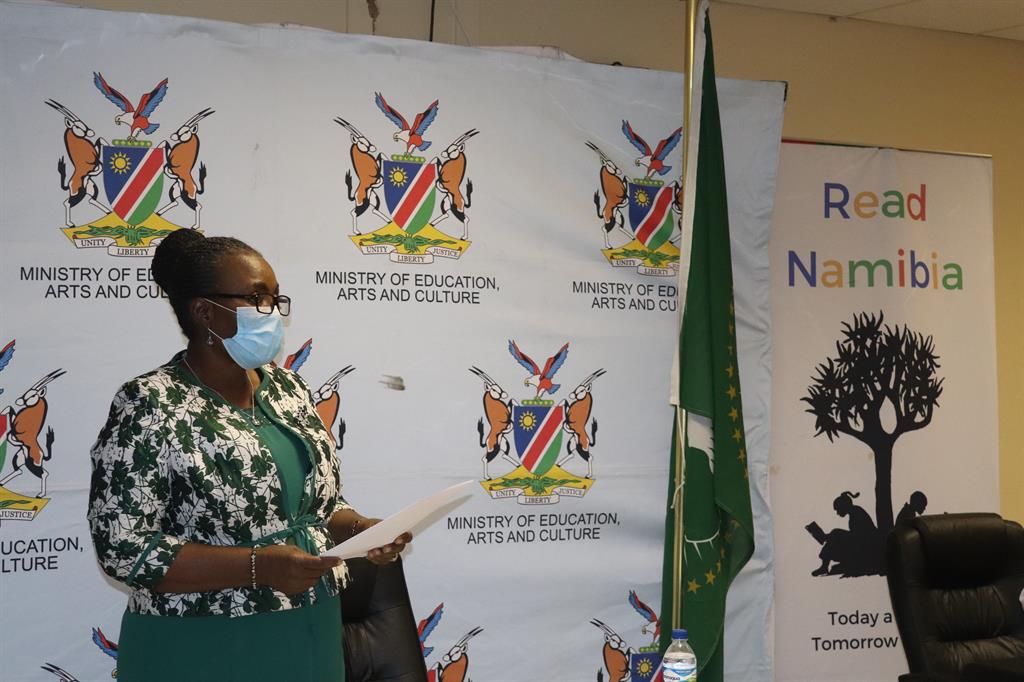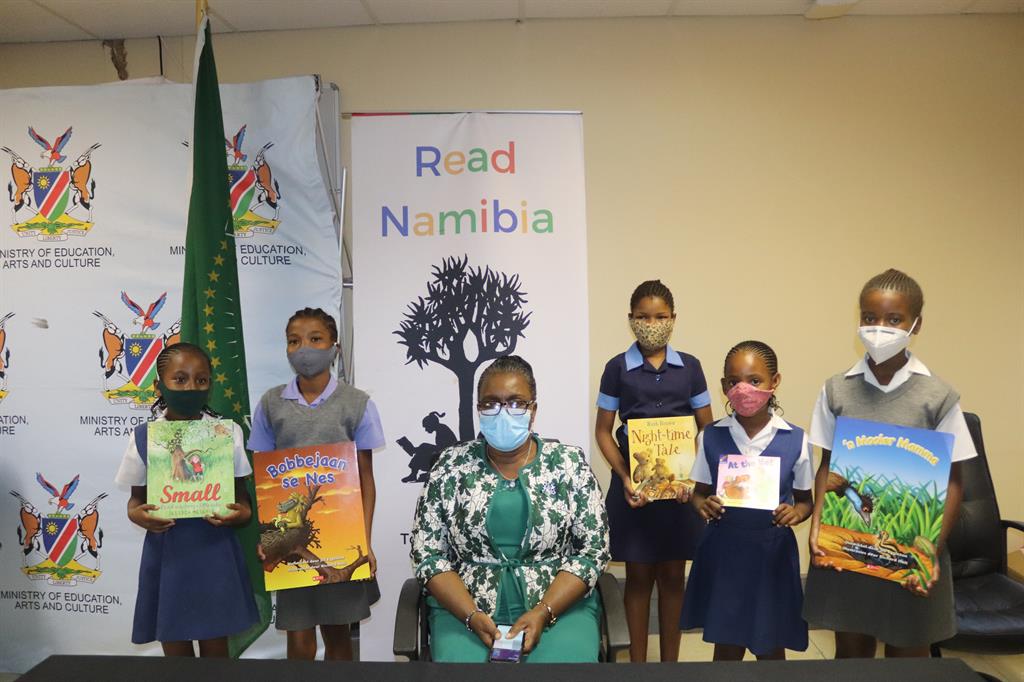A look at National Readathon, Heritage Week
Plea to invest in local indigenous languages
Enzo AmueleThe National Readathon and Heritage Week, which were launched by the minister of education, arts and culture Ester Nghipondoka, took place last week.
The Readathon is a week-long reading and book festival held annually in schools, culminating in the National Readathon Day on a Friday, and it emphasises the protection of the nation's natural and cultural resources.
Meanwhile, Heritage Week creates an opportunity for Namibians to showcase our heritage.
According to the minister, the main purpose of the readathon is to foster a love of reading among learners, to nurture a reading culture in the country and to maintain high educational standards.
Themes
This year, the National Readathon took place from 21 to 25 September under the theme: 'Read Namibia: Know your Sustainable Development Goals and make the world a better place for everyone'.
Heritage Week took place from 21 to 27 of September under the theme 'Ombazu Ndjiritutumuna', which means 'Building Cultural Resilience – The New Normal' in Otjiherero.
'You need to read'
On behalf of education ministry executive director Sanet Steenkamp, the newly appointed deputy executive director of lifelong learning, arts and culture, Gerard Vries, delivered a speech.
He said the readathon is aimed at inculcating reading habits in children, which in turn will help them develop creative and analytical thinking.
“You need to read! You should still be able to connect to your social value, beliefs and customs, and that is what reading and heritage mean to us as individuals,” he said.
Dedicated to heritage
Nghipondoka emphasised that the week was dedicated to Namibian heritage and it included participation from government institutions, private organisations and individuals from all 14 regions, therefore making it a national event.
“The readathon week is a very exciting week for children as they are usually engaged by the librarians and the teachers from Monday to Thursday, and a variety of books and reading activities are organised at various schools,” she said.
She further added that Namibia has a severe shortage of reading materials in indigenous languages.
“I appeal to the authors and publishing houses to invest more in producing reading materials written in the local indigenous languages,” she said.





Comments
My Zone
No comments have been left on this article